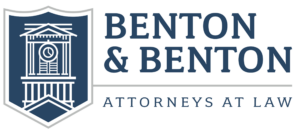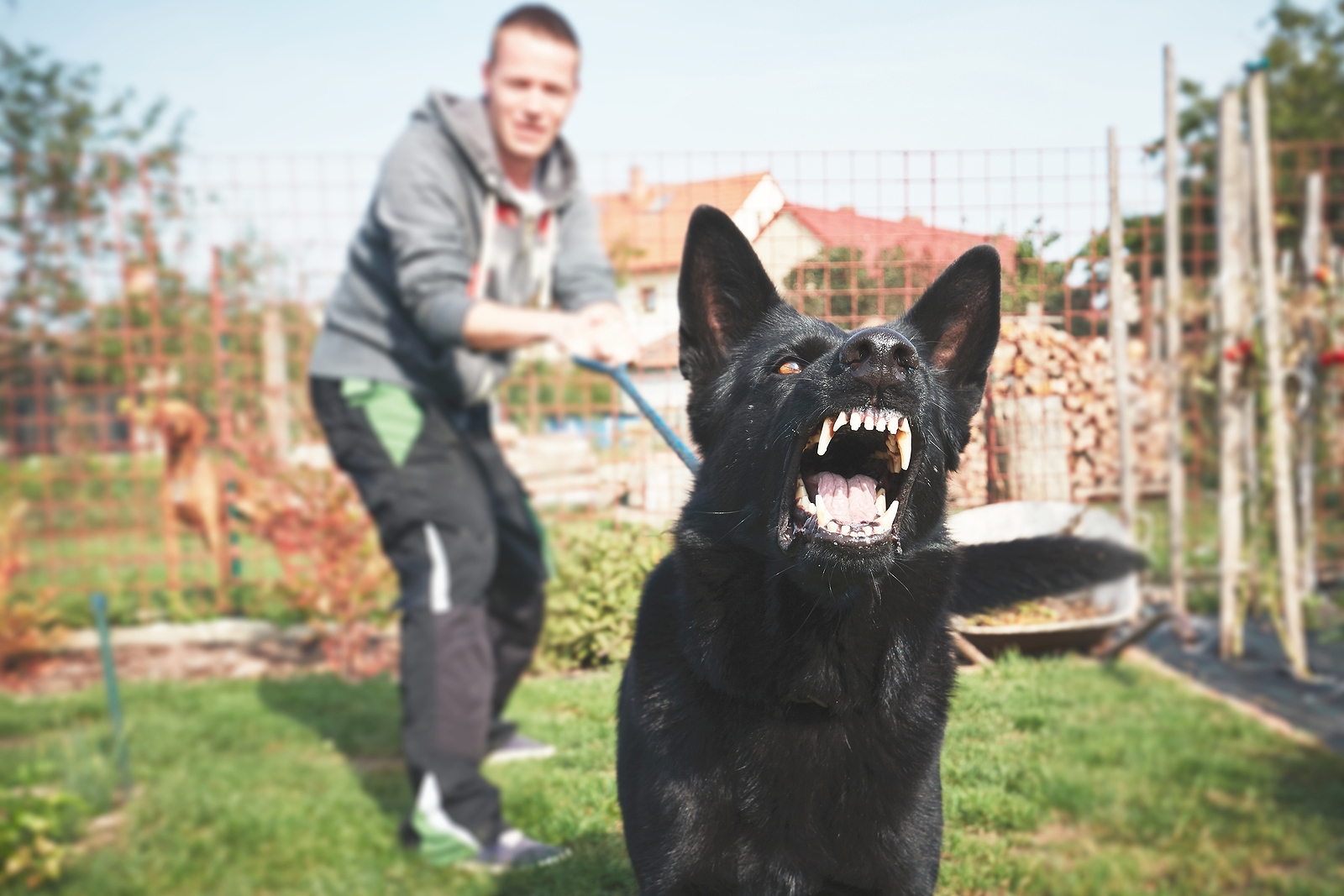What Steps Should Be Taken Immediately Following an Injury?
After an injury on another person’s or entity’s property, the following steps should be taken:
- Get medical attention: Do not delay in requesting or seeking medical help. In addition to expedited treatment, immediate medical care will serve as valuable documentation that is needed for an injury case.
- Gather evidence: If injuries allow, take pictures or videos of the accident scene. Include pictures of the offending hazard, the entire accident scene, and the resulting injuries. Document the contact information of any eyewitnesses, including name, phone number, and address.
- Report the accident: If the injury occurred at a business, report the accident to the owner or manager.
- Call a knowledgeable attorney at Benton & Benton Attorneys at Law to ensure a successful claim.
What is Premises Liability Law?
Premises liability covers a wide range of issues that involve injury while on another individual’s property. Premises liability law includes specific obligations that property owners have to others and the type of compensation that a victim can recover. Under Georgia law, an owner or occupier of land who encourages or allows visitors onto his or her property must legally exercise ordinary care to ensure the premise is safe. This law pertains to commercial and residential property.
How is Liability Determined?
For a successful claim following an injury on another person’s property, the legal theory of negligence must be established. Negligence refers to careless or reckless action on behalf of the defendant that resulted in injury. Negligence requires proof of four basic elements:
- Duty of care: An injured party must establish that the property owner owes them a basic duty of reasonable safety.
- Breach of duty: An injured party must prove that the property owner failed to uphold this duty of care and acted recklessly.
- Causation: An injured party must establish that the breach of duty is directly responsible for the resulting injury and that the injury would not have occurred without the breach of duty.
- Damages: This is the monetary amount sought by the plaintiff for the damages caused by the property owner’s negligence
Comparative Negligence
The State of Georgia recognizes comparative negligence as a way to allocate fault among multiple parties. Through comparative negligence, the injured party may be found partially responsible for the accident and still receive compensation. However, if the plaintiff is found to be 50% or more at fault for the accident, then he or she will be barred from recovery.
Additionally, comparative negligence reduces the amount of awarded damages based on the plaintiff’s percentage of fault. This means that if a plaintiff is found to be 30% at fault for an accident, then he or she will only receive 70% of the total awarded compensation.
How Does Visitor Status Affect Duty of Care?
Georgia premises liability laws dictate the degree of duty that is owed to a visitor based on the owner’s relationship with the visitor. There are three types of visitors recognized, and each has certain expectations for the property owner. The statuses are:
- Invitees: Property owners in Georgia owe invitees the highest duty of care. Invitees are considered to be any visitor entering the premises with express or implied invitation. This includes house guests, business clients, and retail consumers. The duty of care includes maintaining safety standards, conducting regular inspections, and promptly addressing hazards.
- Licensees: Licensees are owed slightly less of a duty of care than invitees. Licensees are individuals who enter a premises without permission from the property owner but rather for their own benefit. This type of visitor includes door-to-door salespeople or evangelists. The duty of care consists of a reasonable effort to address safety hazards.
- Trespassers: Trespassers are not considered legitimate visitors and are owed the lowest duty of care. Trespassers are individuals who enter a premises without receiving permission from the property owner. The duty of care owed to trespassers is limited to avoiding intentionally harming the trespasser. Property owners can still be found liable if a property is considered to be highly dangerous.
What Types of Compensation May Be Recovered?
Every personal injury case is different, and compensation may vary depending on the case’s details. Possible compensation includes economic and noneconomic damages. Economic damages refer to the tangible monetary loss resulting from the injury and include:
- Medical expenses to date
- Future medical expenses, such as rehabilitation or prescription costs
- Lost wages
- Reduced earning ability
Noneconomic damages include intangible damages that must be assigned a monetary figure, such as:
- Pain and suffering
- Loss of enjoyment
- Permanent scarring or disfigurement
What are Examples of Negligence?
The following individuals may be responsible for negligent property conditions:
- Retailers
- Homeowners
- Landlords
- Property managers
- Government entities
There are many examples of poor conditions that may result in an injury, such as:
- Building code violations
- Malfunctioning elevators
- Poor general maintenance
- Slippery floors
- Cracked or uneven sidewalks
- Unmarked hazardous or dangerous areas
- Naturally occurring hazards
What is the Statute of Limitations?
The statute of limitations refers to the timeframe allowed by law for a case to be initiated. Georgia law allows a case to be heard two years from the date of the injury. Claims filed outside of this timeframe are typically dismissed.
Do I Need an Attorney?
If you have been injured while on someone else’s property and are ready to file a claim, then you need reliable legal help you can count on. Call Benton & Benton Attorneys at Law today at 866-927-4290 or fill out a contact form for a free consultation.

 Call Us Now
Call Us Now Email Us Now
Email Us Now
